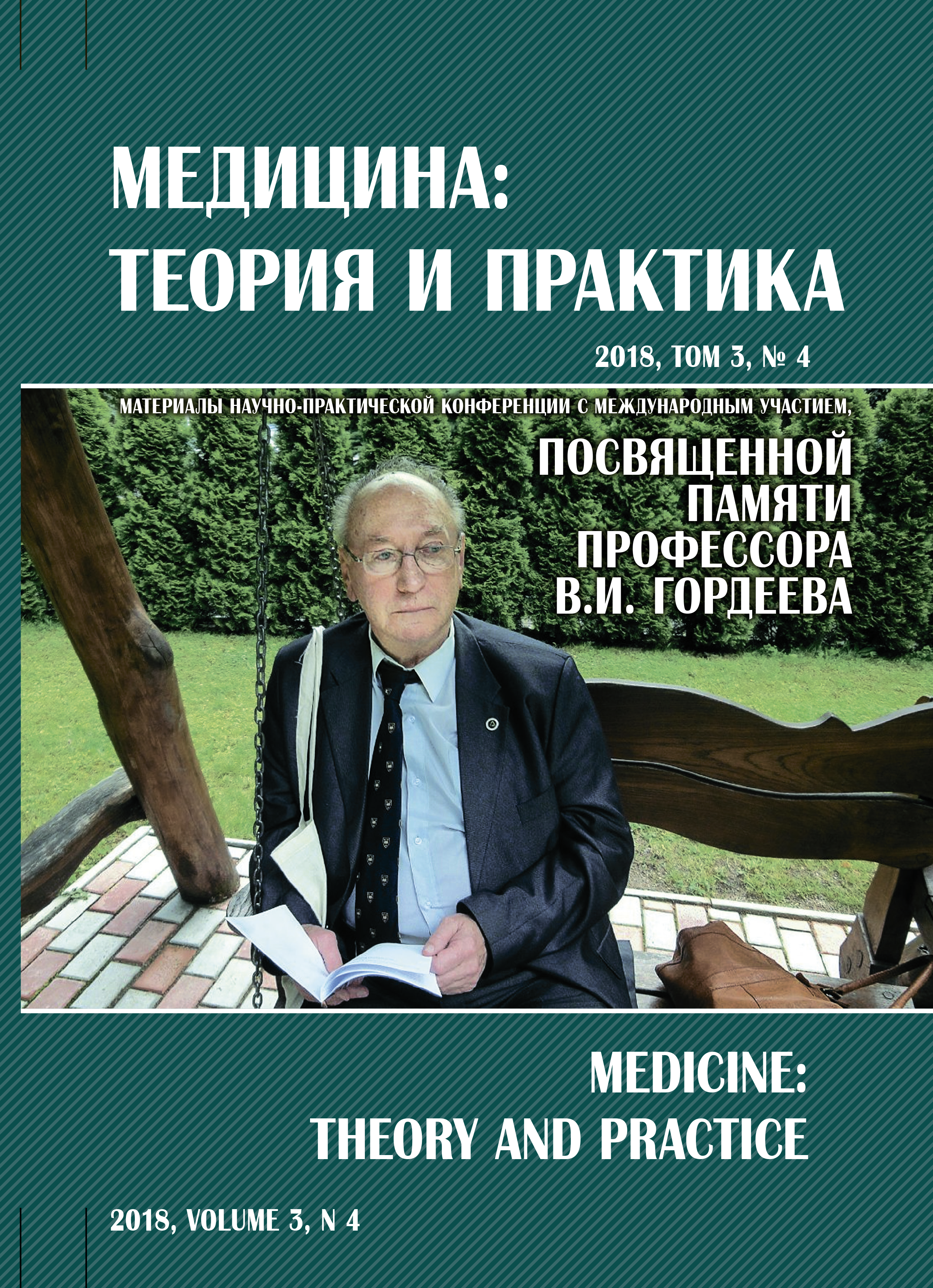Emotionally mental and cognitive disorders in the practice of anesthesiologist-reanimatologist
Abstract
In the conditions of continuous modernization of all branches of healthcare, new problems that specialists face are emerging. The technique of anesthesia is much more complicated, which allows for much more complex surgical interventions. At the same time, the steady development of surgery and anesthesiology is accompanied by increased requirements for the quality of medical care. One of the main tasks that anaesthesiology and intensive care physicians have to solve is postoperative cognitive dysfunction. Postoperative cognitive dysfunction syndrome is a cognitive disorder that develops in the postoperative period and manifests as a decrease in memory, concentration and other disorders of higher nervous activity, confirmed by neuropsychological testing data in the form of a decrease in at least 20% of the preoperative level. It is known that most often this syndrome is manifested by a decrease in memory, attention, concentration difficulties, diagnosed by neuropsychological testing. However, the pathophysiological basis, epidemiology, methods of diagnosis and treatment have not been determined to date. This review is devoted to modern ideas about the methods of diagnosis and prevention of postoperative cognitive dysfunction, used in clinical practice.



